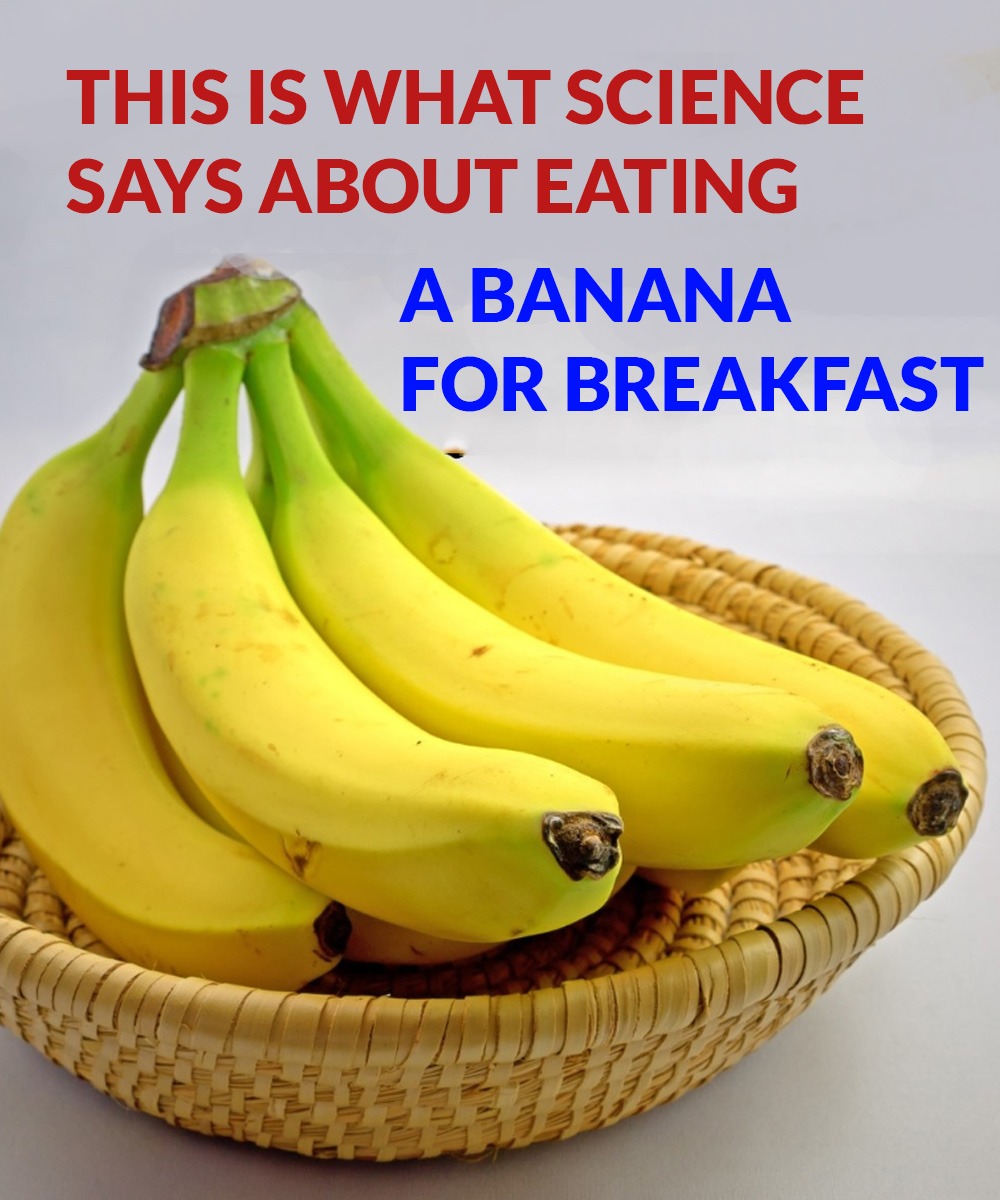Introduction
They say breakfast is the most important meal of the day—a claim backed not just by tradition, but by physiology. After a night of fasting, the body craves replenishment: calories for energy, micronutrients for repair, and fiber to wake the digestive system. In this quest for the perfect morning bite, one humble fruit consistently stands out—the banana.
Often tucked into backpacks or paired with coffee on busy mornings, bananas are more than just portable and sweet. They are a nutritional powerhouse, brimming with essential vitamins, minerals, and bioactive compounds. But what does scientific evidence say about this popular breakfast staple? Let’s peel back the science.
Bananas and Energy Metabolism
At the heart of every productive morning is steady energy—and this is where bananas shine. Unlike sugary cereals or pastries that spike blood glucose and crash it just as quickly, bananas are rich in complex carbohydrates like starches and resistant fiber. These compounds digest gradually, releasing glucose at a controlled pace, helping to maintain stable blood sugar levels.
This slow, steady energy release means that a banana for breakfast can sustain cognitive function and physical vitality through the crucial early hours of the day. Athletes often use bananas pre-workout for this very reason—they deliver immediate, usable fuel without a subsequent crash.
Potassium: A Cardiovascular Ally
Potassium, one of the banana’s most abundant minerals, is a cornerstone of cardiovascular and neuromuscular health. This essential electrolyte helps maintain normal heart rhythm and muscle contractions, making it indispensable for those with active lifestyles or elevated stress levels.
More importantly, potassium helps balance sodium levels in the body, which plays a significant role in blood pressure regulation. Clinical studies suggest that high-potassium diets are associated with a lower risk of stroke and hypertension, making the banana a subtle but potent guardian of heart health.
Next
